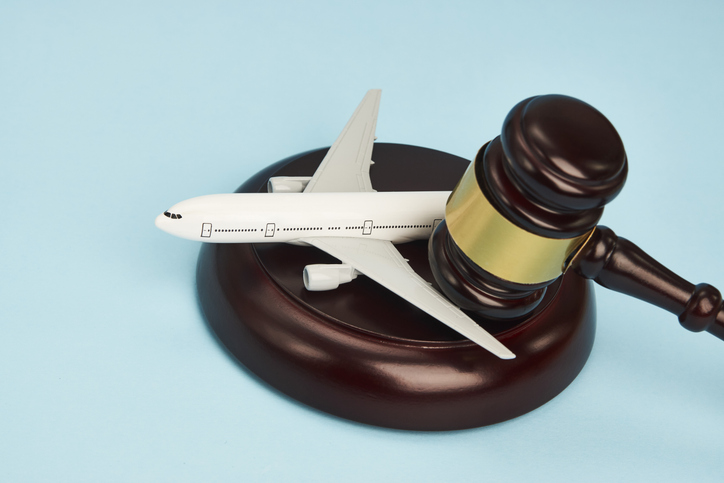Pilots have a heavy burden. They are responsible for the safety of each passenger on the aircraft. Pilots must ensure their decisions are the best for the safety of the passengers and the airplane. While there is no official Code of Conduct for pilots, many organizations have established ethics rules for their members.
The Air Line Pilots Association (ALPA), the world’s largest pilot union with over 79,000 members in North America, mandates that pilots prioritize passenger safety and well-being in its Code of Ethics. Similarly, the Aviators Code Initiative (ACI) publishes a Model Code of Conduct promoting professionalism, safety, and excellence among aviators.
Ethics define how an individual interacts with others. It also defines what is good for a person and society. Ethics establishes the nature of duties someone owes to themselves and others. The ethical rules for pilots generally promote safety, professionalism, training, and good judgment.
Regardless of the Code of Conduct you choose to follow as a pilot, there are several common ethical considerations that most Codes of Conduct include, such as:
-
Prioritize the Safety of Passengers and the Aircraft
Aviation ethics places a high value on protecting the safety of passengers and the aircraft. Pilots have an ethical responsibility to prioritize the well-being of the people on board the airplane. Each decision a pilot makes should be in line with their commitment to passenger safety.
-
Comply With Aviation Rules and Authorities
Pilots have a legal duty to comply with aviation regulations and rules. Compliance with regulations helps ensure the safety of passengers and the public. Ethically, pilots have a duty to maintain the reputation and integrity of the aviation industry. Compliance with rules and regulations instills trust in air travel. Violating regulations undermines the public’s trust.
-
Promote Teamwork
The pilot is only one person on the flight crew. Everyone on the crew has an essential role in ensuring the passengers and plane are safe. Pilots have an ethical responsibility to promote teamwork among the flight crew. They should lead by example by facilitating effective communication and cooperation among the flight crew.
-
Balance Schedules With Safety
Flight delays are among the top complaints of airline passengers. Pilots have a duty to transport passengers and cargo in a timely manner. However, pilots have an ethical duty to balance punctuality with the safety of the passengers.
For example, if a pilot discovers a mechanical issue, they have a duty to report the issue and take appropriate action. If the mechanical issue could put passengers in danger, there is no alternative but to delay the flight until the issue is resolved.
Likewise, if a pilot believes adverse weather conditions are too hazardous to operate an aircraft safely, the pilot should not take off. Even if the flight may be delayed, ethical considerations prevent the pilot from placing the passengers in danger.
-
Participate in Professional Development and Training
Pilots should continue training to ensure they are up-to-date on the most recent changes and advancements in aviation. Pilots have an ethical responsibility to improve their skills, competence, and knowledge for the safety of passengers and others. Without ongoing training, a pilot may not be aware of changes in flight procedures that could endanger their passengers.
A Pilot’s Legal Duty vs. Ethical Responsibility
A pilot is required to follow all rules and regulations set by the FAA. However, there could be instances where the pilot is not legally required to act. However, the pilot may have an ethical responsibility to act. Determining your legal responsibility vs. your ethical responsibility in a specific situation could be difficult. You may suffer severe consequences if you fail to comply with legal requirements.
If you are unsure of the legal requirements, talk with an aviation attorney. A nationwide aviation law firm can explain your rights and responsibilities, given the circumstances of your situation.

